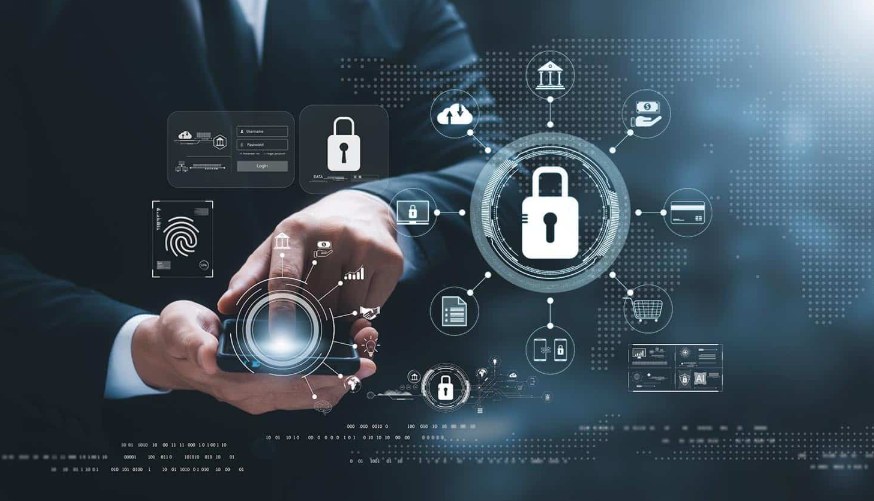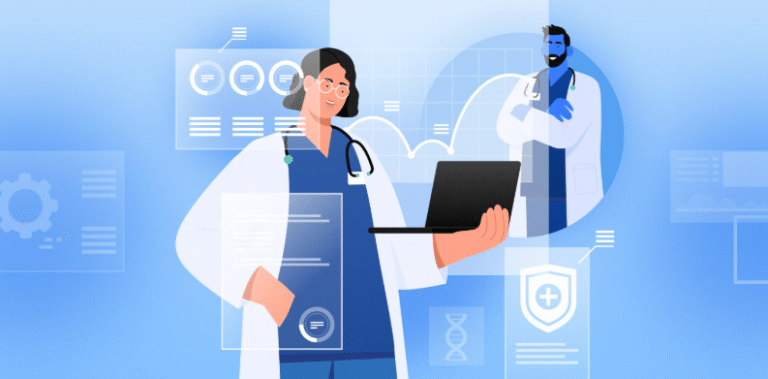Cybersecurity Tips: How to Protect Your Data Online
In today’s interconnected world, protecting your personal and sensitive data online is more important than ever. With cyber threats evolving every day, understanding how to safeguard your information can prevent identity theft, financial loss, and breaches of privacy. This comprehensive guide offers essential cybersecurity tips: how to protect your data online effectively, ensuring you stay safe in the digital realm.
Introduction to Cybersecurity
Cybersecurity refers to the practice of protecting computers, servers, mobile devices, electronic systems, networks, and data from malicious attacks. As more people rely on the internet for work, communication, and entertainment, cybercriminals have increased their efforts to exploit vulnerabilities. Common online threats include phishing scams, malware, ransomware, and data breaches. Recognizing these dangers is the first step in securing your online presence.
See also: How Artificial Intelligence is Changing Everyday Life
Understanding Data Privacy and Security
Data privacy involves managing who has access to your personal information, whereas data security refers to the measures used to protect that data from unauthorized access and breaches. Protecting your data means ensuring both privacy and security, so your information stays confidential and intact.
Creating Strong Passwords
One of the simplest yet most effective ways to protect your data is by creating strong, unique passwords for each online account. Strong passwords typically include a mix of uppercase and lowercase letters, numbers, and special characters. Avoid using easily guessable information like birthdays or common words.
Using a password manager can simplify managing multiple strong passwords. These tools generate complex passwords and store them securely, so you don’t have to remember each one.
Enable Two-Factor Authentication (2FA)
Two-Factor Authentication adds an extra layer of security by requiring a second form of verification in addition to your password. This could be a code sent to your phone, a biometric scan, or a physical security key. Enabling 2FA significantly reduces the chances of unauthorized access, even if your password is compromised.
Keep Software and Systems Updated
Cybercriminals often exploit vulnerabilities in outdated software. Regularly updating your operating system, applications, and antivirus software ensures you have the latest security patches that protect you from new threats.
Secure Your Wi-Fi Network
An unsecured Wi-Fi network can be an easy gateway for hackers to intercept your data. Always secure your home Wi-Fi with a strong password and WPA3 encryption. Avoid connecting to public Wi-Fi networks without protection, and consider using a VPN to encrypt your internet traffic when on the go.
Beware of Phishing Scams and Malware
Phishing attacks trick users into revealing sensitive information by pretending to be trustworthy entities via email or messages. Learn to identify suspicious emails with poor grammar, unexpected links, or urgent requests. Never download attachments or click on links from unknown sources, as they may contain malware or ransomware designed to steal or lock your data.
Use Secure Browsing Practices
When browsing online, ensure the website URL starts with “https://” which means the connection is secure. Avoid downloading software or files from untrusted websites. Using browsers with built-in security features and privacy extensions can also enhance your protection.
Backup Your Data Regularly
Backing up your data ensures you can recover your information in case of hardware failure, theft, or ransomware attacks. Use a combination of cloud backups and external hard drives to keep multiple copies of your important files.
Limit Personal Information Sharing Online
Sharing too much personal information on social media or public platforms can expose you to risks like identity theft or targeted scams. Adjust privacy settings to restrict who can see your posts and personal details.
Use a Virtual Private Network (VPN)
A VPN encrypts your internet connection, making it difficult for hackers or third parties to intercept your online activities. This is especially useful when accessing public Wi-Fi or geo-restricted content. While VPNs add strong privacy protection, they do not guarantee complete anonymity or security.
Protect Mobile Devices and Apps
Mobile devices are often targeted by cybercriminals because they contain a wealth of personal data. Secure your phone and tablet with strong passwords or biometric locks, keep apps updated, and download apps only from official app stores.
Educate Yourself and Stay Informed
The cybersecurity landscape changes rapidly. Staying informed through trusted sources like cybersecurity blogs, news sites, and official advisories helps you stay ahead of threats. Regularly update your knowledge on new scams and security tools.
Responding to Data Breaches
If your data is compromised, act quickly. Change your passwords immediately, enable 2FA, monitor your accounts for suspicious activity, and report the breach to the relevant authorities or services. Using identity theft protection services can also help mitigate damage.
Cybersecurity Tools and Resources
There are many cybersecurity tools available to help protect your data, from antivirus software and firewalls to password managers and VPNs. Some popular tools include Norton, Bitdefender, LastPass, and ExpressVPN. Free resources like Have I Been Pwned allow you to check if your email has been part of a data breach.
Conclusion: Stay Vigilant and Proactive
Protecting your data online requires constant vigilance and proactive measures. By following these cybersecurity tips—using strong passwords, enabling 2FA, keeping software updated, securing your networks, and educating yourself—you can significantly reduce your risk of cyberattacks and keep your information safe.
Frequently Asked Questions (FAQs)
Q1: What is the easiest way to protect my data online?
A1: Using strong, unique passwords combined with two-factor authentication is one of the simplest and most effective ways to protect your data.
Q2: How often should I change my passwords?
A2: It’s recommended to change passwords every 3-6 months or immediately if you suspect a breach.
Q3: Is public Wi-Fi safe to use?
A3: Public Wi-Fi can be risky. Always use a VPN when connecting to public networks to encrypt your data.
Q4: What should I do if I get a phishing email?
A4: Do not click any links or download attachments. Report the email as phishing and delete it immediately.
Q5: Can a VPN guarantee 100% security?
A5: No VPN can guarantee complete security, but it significantly enhances your online privacy and protection.
Q6: How do I know if my data was breached?
A6: Use services like Have I Been Pwned to check if your email or information has been part of a known data breach.



